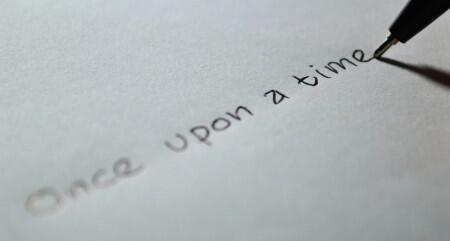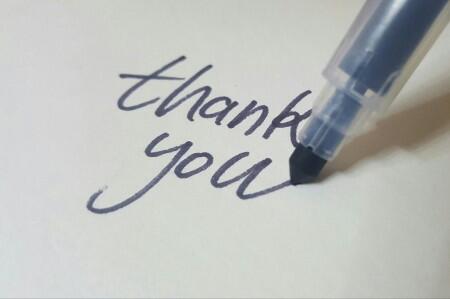By Brittany Loeffler
ULoop, September 17, 2017 —
We all know that nervous feeling we get before going into a job interview. You were taught what to do during a job interview, but were you ever taught what not to do? There is a certain kind of etiquette you must follow during a job interview because one simple mistake could ruin your chance at being offered the position.
Here are some common mistakes people make during a job interview that may cost them the position.
1. Show up late

via Pixabay
The minute you show up late to a job interview is the minute the interviewer will not take you seriously. If you’re on time, you’re late. Try to show up about 10 minutes early to show that you are eager to have this job interview and are excited about the position. This also gives you a chance to sit in a waiting area and to get a little bit of a feel for the environment of the office and how it operates, at least on the surface.
2. Dress inappropriately
Dress for success! To show your interviewer that you take the chance to interview for the position seriously, make sure to dress professionally. You are never too overdressed for an interview. Keep it simple, yet add a touch of yourself to the outfit.
It can be difficult to decide what is business professional and what is business casual and it doesn’t help that there are different expectations for both men and women. So make sure to do some research before going to your interview.
3. Sit before being offered a seat

via Pixabay
Keep in mind that you are a guest in your interviewer’s office. Never be presumptuous and sit down before being offered a seat during a job interview. You don’t know if this is the room you will be staying in, if there are other people coming in to interview you, or if your interviewer has a specific preference on where they like to sit.
This is a common mistake interviewees make, so keep it in mind!
4. Avoid eye contact

via Pixabay
It’s understandable that you may be nervous or intimidated during a job interview, but that doesn’t mean you can avoid making eye contact with your interviewer. Though it may just be nerves, the interviewer may take it as you have something to hide or you are untrustworthy.
It can be difficult to control your body language, especially if you are trying to convey something different than what you are feeling. Take a few deep breaths and relax. It’ll make it much easier to keep eye contact.
5. Give one-word answers
Come prepared with what you may say during your job interview. Your interviewer is asking questions to get to know you and your experiences better, so if you give just one-word answers, they will not come away with a good feel for you as a person or worker.
Before your interview, think of some stories and relevant experiences you can talk about that pertain to the position and its responsibilities. If you’re feeling nervous, practice telling a friend these stories and answers.
6. Give too many details

via Pixabay
7. Brag about yourself
It’s a fine line between talking about yourself and bragging about yourself. You don’t want to seem arrogant while recalling specific experiences or act like the company needs you more than you need them. It’s important to realize that you are confident that you can do well in this position, but that you still have a lot to learn about the industry and the company.
8. Use your phone
If you receive a call or a text during a job interview, ignore it. Do not pull your phone out in the middle of your interview and answer it. All of your attention should be on the job interview and the interviewer. Before entering the building of your interview, it is best to put your phone either on silent or airplane mode and keep it in your pocket or handbag until after your interview.
9. Not shaking hands

via Pixabay
It’s a common courtesy to shake your interviewer’s hand at the beginning of the interview and at the end. It shows that you are polite and know the etiquette required when attending a job interview. It should happen naturally. If your interviewer doesn’t reach out their hand, make sure you offer yours.
10. Not sending a “thank you” note

via Pixabay
After an interview, it’s important to make sure you send a “thank you” note or email no more than a day after. Keep in mind that the interviewer is probably very busy and interviewing you is not the most important thing they need to do that day. Sending a note is polite and shows that you are considerate of the time they spent meeting with you. It will definitely put you ahead of other candidates if they do not send one.











